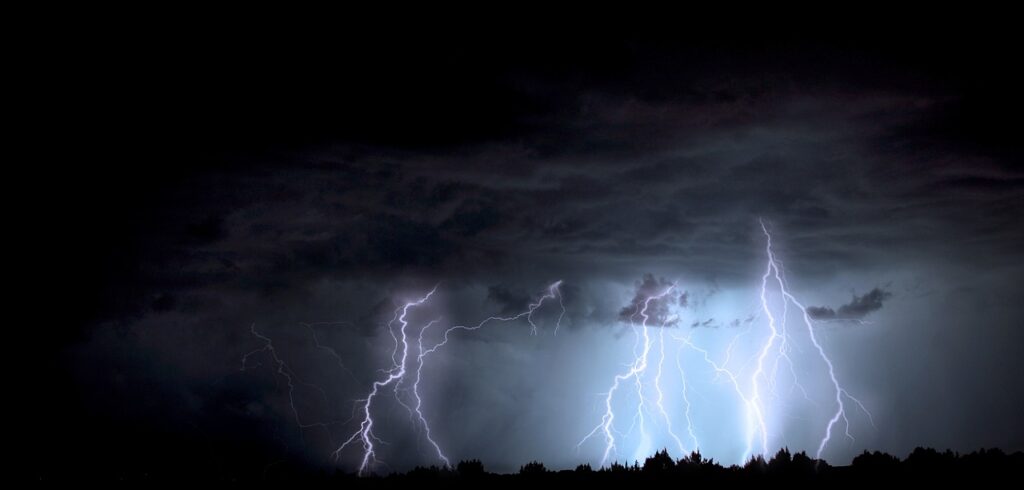Climate Scientists Are Giving Up On Warning The World About Climate Change?
Scientists are issuing a final warning that change, now more than ever, is needed before we pass the threshold of irreversible damage.
This article is more than 2 years old

Climate scientists have been warning the public for years about the fatal effects climate change brings to our planet, however the damage is already being done. The Intergovernmental Panel on Climate Change (IPCC) released a Sixth Assessment Report (AR6). This report reveals how the 21st century will reach high temperatures, flooding, and irreversible damage.
The entire report by the Intergovernmental Panel on Climate Change took years of research to create and compile. It spans 18 chapters and is a hefty 3,000 pages, including facts and figures based on measured data from climate scientists across the world. It all serves to point to a singular message: we need change.
The primary cause of climate change is the accumulation of greenhouse gasses in the atmosphere, which trap heat and warm the planet. The main greenhouse gases are carbon dioxide, methane, and nitrous oxide. These are all released into the atmosphere by human activities such as burning fossil fuels, deforestation, and agriculture.
The U.S. Environmental Protection Agency asserts that these activities have increased the concentration of carbon dioxide in the atmosphere by over 40 percent since the Industrial Revolution. Vox states that if the world were serious about limiting the warming of the Earth, global greenhouse gasses would already be declining. Countries still need to slash their emissions by 60 percent by 2035, even if global emissions decline in the next two years.
Rising temperatures are resulting in increased and intense heat waves, droughts, and wildfires. Changes in precipitation patterns are leading to more frequent and severe floods and storms like hurricanes. In 2022, the deadliest weather disasters were monsoon floods due to climate change in India and Pakistan, which killed a total of 3,792 people, says Yale Climate Connections.
Rising sea levels are also causing coastal erosion. These have a significant impact on marine ecosystems. The Great Barrier Reef is suffering from irreplicable damage year after year, NPR reports.
However, climate change is not just an environmental issue, it also has significant implications for human health, economies, and social systems. Rising temperatures and changing weather patterns are affecting food production, water resources, and infrastructure. NASA reports that while the frequency of hurricanes has not increased, their severity, devastation, and human toll have.
Urgent action is immediately needed to mitigate the impacts of climate change, but, despite current efforts, a significant change has not been seen. The world must limit global warming to 1.5 degrees Celsius. However, current trends reveal that the world’s temperature will increase by 3 to 4 degrees Celsius. This would have catastrophic impacts.
There are actions that can be taken to address these effects. There are increased pushes to transition to renewable energy sources, increase energy efficiency, and reduce emissions. To adapt to changes already underway, we need to build resilient infrastructure, develop drought-resistant crops, and protect vulnerable ecosystems.
Climate change is a global crisis that is rapidly affecting the world’s ecosystems, economies, and societies. Scientists are issuing a final warning that change, now more than ever, is needed before we pass the threshold of irreversible damage. After all, Earth’s future is the home that we all share.




